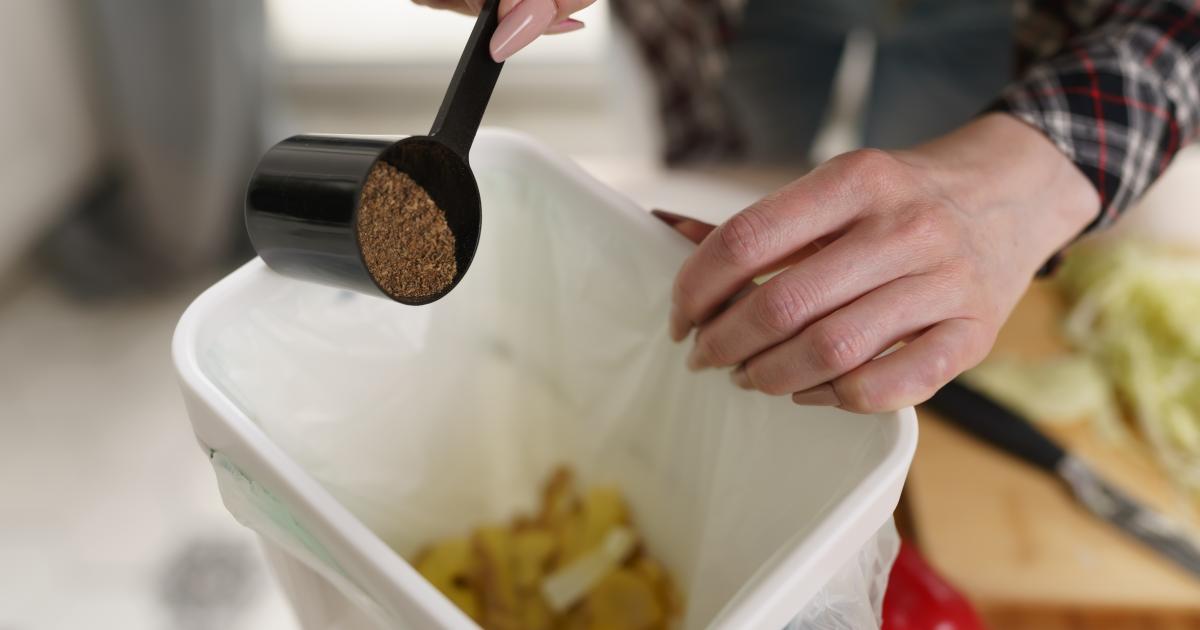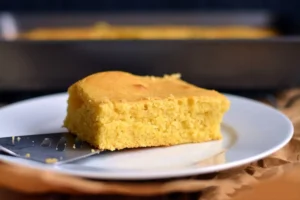
Suggested video What products are in season in May?
Video 1 of 2
While it is easy to create compost when you have a garden or a small outdoor space, it is more difficult to do it in an apartment. However, since January 1, 2024, individuals and communities are supposed to sort biowaste. Nearly 6 months later, it is easy to see that many municipalities are far behind in installing collection points or systems. It is therefore difficult for city dwellers living in apartments to take more than 10 minutes of walking several times a week to get rid of their organic waste. While looking for a solution, we came across a technique commonly used in Japan: bokashi. It would reduce organic waste by around 30%. Please note, this is not a bin for storing compostable waste, but a real composter which will allow you to create natural fertilizer.
Bokashi or Japanese compost is a method that allows you to make compost indoors using anaerobic fermentation (without air). Bokashi literally means “well-fermented organic matter”. With this method, in theory, unpleasant odors are not generated. In Japan, farmers and gardeners have always made bokashi by fermenting rice bran with a mixture of bacteria called EM1. It creates a very rich compost juice that you can use to feed your green plants. At the end of the process, you will have to throw the remaining “digestate” into a traditional compost bin.
Simply at room temperature and preferably in the shade. Bokashi is rather chilly, so it is not recommended to place it on a balcony or windowsill. Be careful not to place it in an environment with a temperature below 15°C as this would stop the fermentation process.
Almost any organic waste from the kitchen can be placed in the bokashi: both peelings and leftover cooked vegetables, orange or banana peels, a bouquet of wilted flowers, coffee grounds, tea, bread… The only condition for composting to be very effective is to always put the waste into small pieces. Conversely, it is not recommended to put liquids such as milk or vinegar, bones or ashes.
For the test, we used pure bokashi from the Hozelock brand. It is easily found in gardening and DIY stores. It has a capacity of 15 liters, which is large enough to collect several weeks of waste and small enough for a small kitchen. Small models cost less than €100.
Using it is very simple, just pour your leftover food into the bucket, sprinkle a little activator with the measuring spoon, and that’s it. You must be careful to put enough activator on the material because otherwise bad odors may appear as well as a little mold. When your bokashi is full, let it ferment for 15 days, making sure to collect the juice every 2 or 3 days. It is during this period that the waste will begin a methanization process.
We feel that the liquid is very concentrated. The easiest way is to collect it in an empty bottle with a cork. The fertilizer cannot be used pure, it must first be diluted. For 10 ml of liquid, you will need to add 1 L of water. The instructions recommend using rainwater but as this is not the easiest to obtain in an apartment, we simply used tap water.
A well-used bokashi does not emit any odor. During the first attempt, we made several mistakes: the first was not putting enough sound in, which is what prevents the creation of rot, and opening it too often. It is better to keep 1-2 days of waste in a container and put everything in one go to preserve the anaerobic environment as much as possible. But on the second attempt, there were no more unwanted odors. When your bokashi is full and begins its fermentation period, you find yourself stuck in recycling your waste. It may be interesting to have a second one for rotation, but you still need to have the necessary space.
The use of bokashi will not completely exempt you from making a visit to the collection point for organic waste because that is where you will have to get rid of it after the 15 days. But the frequency is still rather acceptable.
Bokashi is therefore a good solution if you want to recycle your organic waste yourself. It does not require great rigor, just to understand how it works before getting started.
Source:https://www.750g.com/connaissez-vous-le-bokashi-cette-methode-japonaise-qui-permet-de-faire-son-compost-meme-en-appartement-pour-gerer-ses-dechets-organiques-a37436.htm


